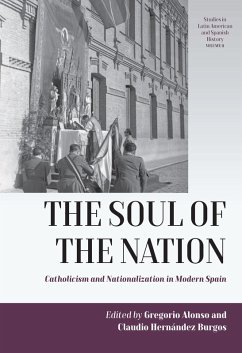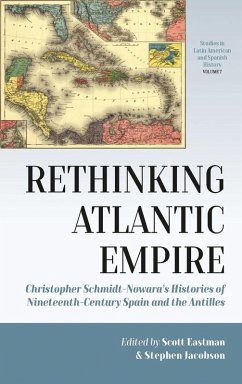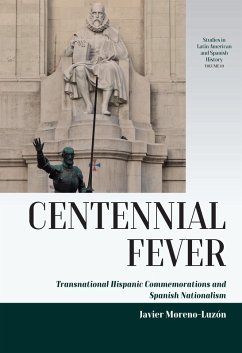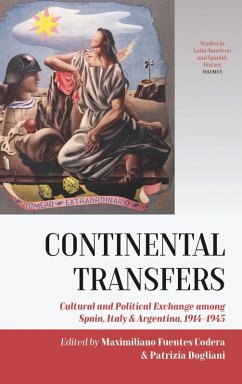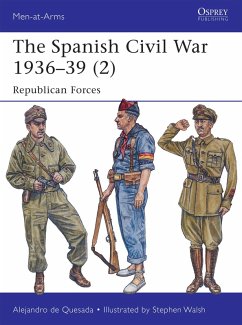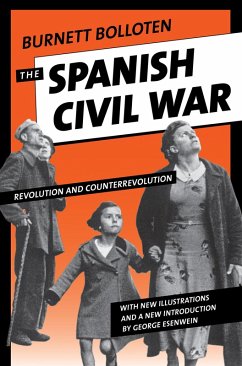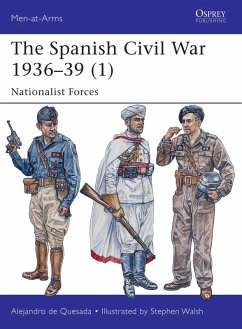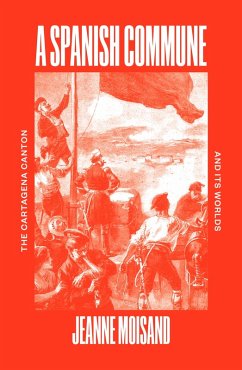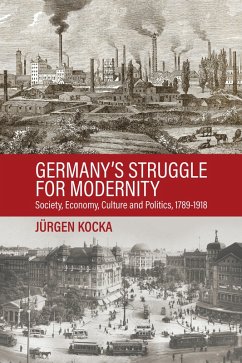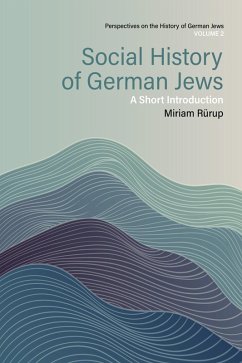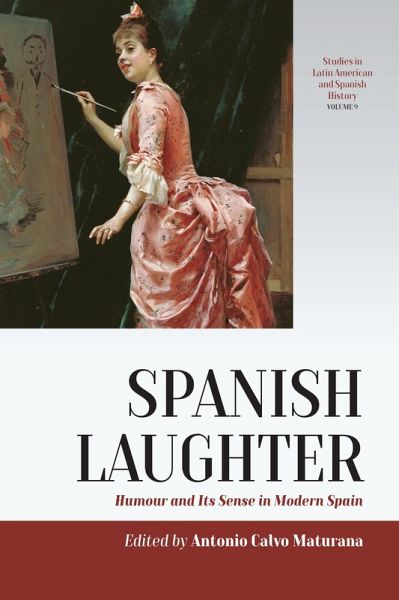
Spanish Laughter (eBook, ePUB)
Humor and Its Sense in Modern Spain
Redaktion: Maturana, Antonio Calvo

PAYBACK Punkte
10 °P sammeln!
Presenting a cultural and interdisciplinary study of humor in Spain from the eighteenth century to the present day, this book examines how humour entered public life, how it attained a legitimacy to communicate 'serious' ideas in the Enlightenment and how this set the seed for the key position that humor occupies in society today. Through a range of case studies that run from Goya's paintings, humor, and gender representations in radio programmes during the first Franco regime, developmentalist cinema of the sixties and seventies, to the transformation of female humor in social media, the boo...
Presenting a cultural and interdisciplinary study of humor in Spain from the eighteenth century to the present day, this book examines how humour entered public life, how it attained a legitimacy to communicate 'serious' ideas in the Enlightenment and how this set the seed for the key position that humor occupies in society today. Through a range of case studies that run from Goya's paintings, humor, and gender representations in radio programmes during the first Franco regime, developmentalist cinema of the sixties and seventies, to the transformation of female humor in social media, the book traces the core role that the comical has played in the public sphere. The contributors to this volume represent a wide range of disciplines including gender studies, humour studies and Hispanic studies and offer international perspectives on Spanish laughter.
Dieser Download kann aus rechtlichen Gründen nur mit Rechnungsadresse in A, D ausgeliefert werden.




